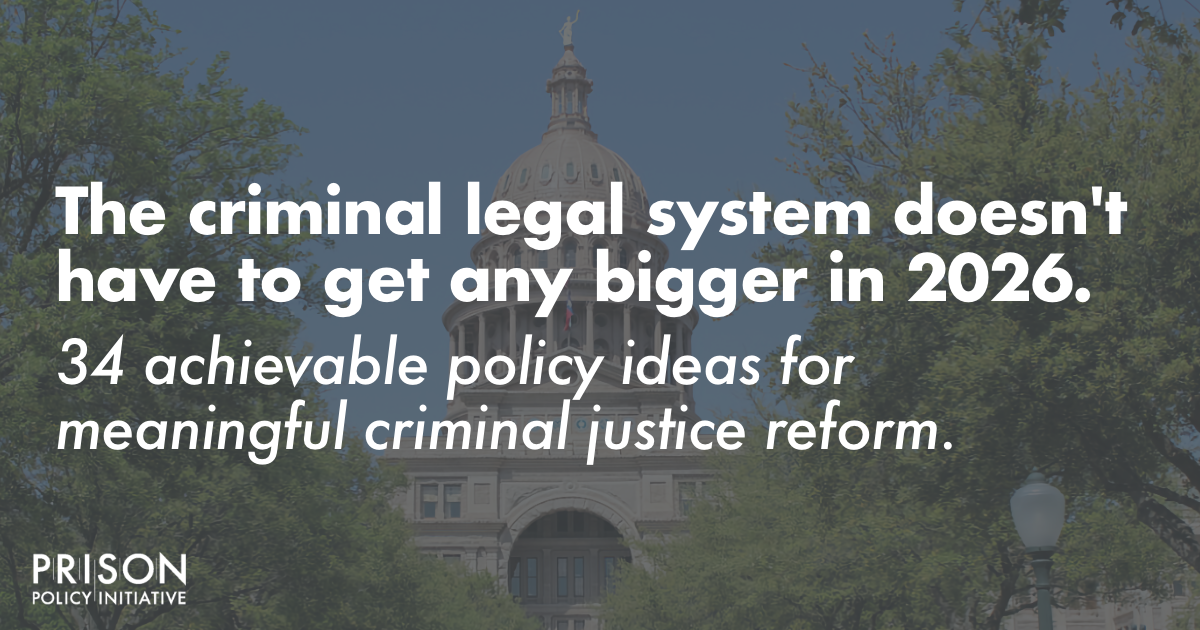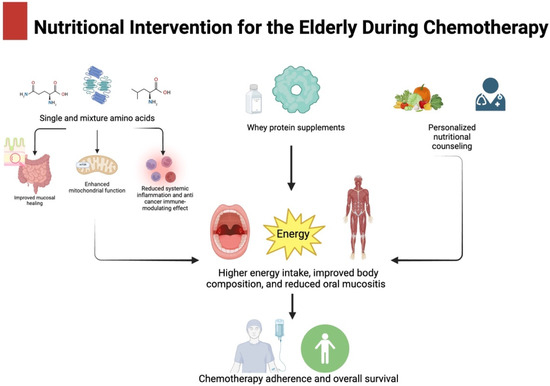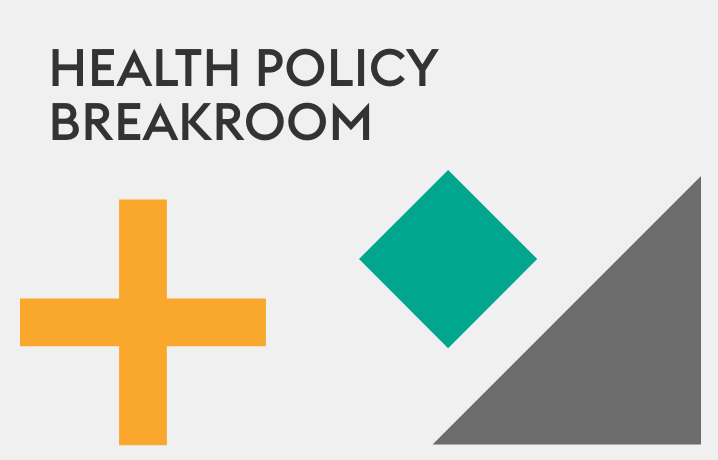Benefits for striking workers, time off for immigration hearings now law in WA – Lynnwood Times

Report on New Washington State Employment Legislation and Alignment with Sustainable Development Goals (SDGs)
Introduction
The state of Washington has recently implemented and scheduled a series of new employment laws designed to enhance worker protections. These legislative changes demonstrate a strong alignment with several United Nations Sustainable Development Goals (SDGs), particularly those focused on decent work, health, equality, and strong institutions. This report outlines the key legislative updates and their direct contributions to the SDG framework.
Enhancing Worker Well-being and Job Security (SDG 3 & SDG 8)
Updates to the state’s leave policies directly support the health and economic security of the workforce, reflecting the aims of SDG 3 (Good Health and Well-being) and SDG 8 (Decent Work and Economic Growth).
- House Bill 1213 (Paid Family Medical Leave Act): This bill introduces several changes to strengthen worker support systems.
- Expands job protection rights for employees taking leave.
- Reduces the minimum leave increment from eight to four consecutive hours, increasing flexibility and accessibility.
- Broadens health insurance coverage requirements during leave.
- SDG Alignment: By ensuring employees can take necessary leave for health and family reasons without fear of job loss, this law promotes SDG 3. It simultaneously advances SDG 8 by fostering a secure and stable work environment.
Promoting Equality and Reducing Discrimination (SDG 5, SDG 10 & SDG 16)
Several new laws are aimed at creating a more equitable and inclusive workplace, directly addressing the goals of SDG 5 (Gender Equality), SDG 10 (Reduced Inequalities), and SDG 16 (Peace, Justice and Strong Institutions).
- Senate Bill 5101 (Domestic Violence Leave Act): Effective January 1, 2026, this law expands unpaid leave protections.
- Employees who are victims of hate crimes, or whose family members are victims, will be eligible for a reasonable period of leave.
- SDG Alignment: This measure provides critical support for victims of discrimination and violence, contributing to SDG 10 and SDG 16 by creating institutional support for justice and safety.
- Expanded Definition of “Family Member”: The concept of a family member has been broadened across multiple laws.
- The definition now includes any individual who regularly resides in the employee’s home and is dependent on the employee for care.
- SDG Alignment: This inclusive definition recognizes diverse family structures, advancing SDG 5 and SDG 10 by ensuring policies do not discriminate based on traditional family models.
Strengthening Protections for Vulnerable and Migrant Workers (SDG 10 & SDG 8)
New legislation provides targeted support for groups facing specific vulnerabilities, removing barriers to employment and justice in line with SDG 10 (Reduced Inequalities) and SDG 8 (Decent Work).
- House Bill 1875 (Immigration Proceedings Leave): This law allows employees to use accrued sick leave for a new purpose.
- Leave can be used to attend immigration proceedings for the employee or a family member.
- SDG Alignment: This provision directly supports migrant populations, advancing SDG 10 by ensuring access to justice without jeopardizing employment.
- Senate Bill 5501 (Driver’s License Requirement): This law removes an unnecessary barrier to employment.
- Employers are now prohibited from requiring a valid driver’s license in job postings unless driving is an essential function of the role.
- SDG Alignment: By eliminating a requirement that can disproportionately affect low-income individuals, immigrants, and persons with disabilities, this law promotes inclusive employment under SDG 8 and significantly contributes to SDG 10.
Upholding Labor Rights and Collective Bargaining (SDG 8 & SDG 16)
A significant new law strengthens the rights of workers engaged in labor disputes, reinforcing the principles of SDG 8 (Decent Work and Economic Growth) and SDG 16 (Peace, Justice and Strong Institutions).
- Senate Bill 5041 (Unemployment for Striking Workers): This legislation provides a financial safety net for workers exercising their labor rights.
- Striking or locked-out workers are now eligible to receive unemployment insurance benefits for up to six weeks.
- SDG Alignment: The law protects labor rights and promotes secure working environments, which are core targets of SDG 8. It also strengthens the institutional framework for peaceful dispute resolution, aligning with SDG 16.
1. Which SDGs are addressed or connected to the issues highlighted in the article?
-
SDG 5: Gender Equality
The article discusses changes to Washington’s Paid Family Medical Leave Act and the expansion of the definition of “family member.” These policies are relevant to SDG 5 as they support caregiving roles, which are disproportionately held by women, thereby promoting economic inclusion and recognizing unpaid care work.
-
SDG 8: Decent Work and Economic Growth
This is a central theme of the article. The discussion covers multiple aspects of employment law, including job protection rights (House Bill 1213), the right to unemployment benefits for striking workers (Senate Bill 5041), and safe working environments through leave for victims of hate crimes (Senate Bill 5101). These laws aim to protect labor rights and promote secure and decent work for all employees.
-
SDG 10: Reduced Inequalities
Several new laws mentioned in the article directly target the reduction of inequalities. Senate Bill 5501, which prohibits employers from requiring a driver’s license unless essential for the job, removes a barrier to employment for those who cannot or do not drive. House Bill 1875 allows leave for immigration proceedings, supporting migrants. Senate Bill 5101 extends protections to victims of hate crimes, and the expanded definition of “family member” acknowledges diverse family structures, promoting the inclusion of all irrespective of origin or other status.
-
SDG 16: Peace, Justice and Strong Institutions
The article touches on this goal by highlighting laws that provide access to justice and support for victims of violence. Senate Bill 5101, which provides leave for victims of hate crimes, is a measure to support those affected by violence. House Bill 1875, allowing employees to use sick leave for immigration proceedings, facilitates access to the justice system for themselves or their family members.
2. What specific targets under those SDGs can be identified based on the article’s content?
-
SDG 5: Gender Equality
- Target 5.4: Recognize and value unpaid care and domestic work through the provision of public services, infrastructure and social protection policies. The article’s focus on the Paid Family Medical Leave Act (House Bill 1213) and the expanded definition of “family member” directly relates to this target by implementing social protection policies that support caregiving.
-
SDG 8: Decent Work and Economic Growth
- Target 8.5: By 2030, achieve full and productive employment and decent work for all women and men… and equal pay for work of equal value. The prohibition on requiring a driver’s license for non-driving jobs (Senate Bill 5501) promotes broader access to employment, aligning with this target.
- Target 8.8: Protect labour rights and promote safe and secure working environments for all workers, including migrant workers… The provision of unemployment benefits for striking workers (Senate Bill 5041) is a direct protection of labor rights. Allowing leave for immigration proceedings (House Bill 1875) and for victims of hate crimes (Senate Bill 5101) contributes to a more secure working environment for vulnerable employees.
-
SDG 10: Reduced Inequalities
- Target 10.2: By 2030, empower and promote the social, economic and political inclusion of all, irrespective of… race, ethnicity, origin… or other status. The laws providing leave for hate crime victims (Senate Bill 5101) and for immigration proceedings (House Bill 1875) directly support the inclusion of individuals based on their origin and protect them from discrimination.
- Target 10.3: Ensure equal opportunity and reduce inequalities of outcome, including by eliminating discriminatory… policies and practices… The law making it illegal to require a driver’s license for a job that doesn’t involve driving (Senate Bill 5501) is a clear example of eliminating a potentially discriminatory practice to ensure equal opportunity.
- Target 10.4: Adopt policies, especially… social protection policies, and progressively achieve greater equality. The changes to the Paid Family Medical Leave Act and the provision of unemployment benefits for striking workers are social protection policies designed to create greater equality for workers.
-
SDG 16: Peace, Justice and Strong Institutions
- Target 16.1: Significantly reduce all forms of violence and related death rates everywhere. Providing leave for victims of hate crimes (Senate Bill 5101) is a supportive policy for those affected by violence, which is a component of addressing the impacts of violence.
- Target 16.3: Promote the rule of law… and ensure equal access to justice for all. Allowing employees to use accrued sick leave to participate in immigration proceedings (House Bill 1875) is a direct measure to ensure that individuals have the time and means to access the justice system.
3. Are there any indicators mentioned or implied in the article that can be used to measure progress towards the identified targets?
The article implies several ways to measure the impact of these new laws, which can serve as indicators of progress.
- Number of employees taking leave for hate crime-related issues: The article mentions Senate Bill 5101 and the attorney’s curiosity about “how many employees are seeking to take leave related to hate crimes.” This count would serve as a direct indicator for measuring the implementation and need for this protection.
- Number of employees using sick leave for immigration proceedings: Under House Bill 1875, employees can use sick leave for this purpose. Tracking the number of employees who utilize this benefit would indicate its effectiveness in providing access to justice for immigrant workers and their families.
- Number of striking workers qualifying for unemployment benefits: The article discusses Senate Bill 5041, which allows striking workers to receive unemployment benefits. The number of workers who apply for and receive these benefits during a strike would be a key indicator of the law’s impact on labor disputes.
- Changes in job posting requirements: For Senate Bill 5501, progress could be measured by analyzing job postings to determine the proportion that no longer includes a driver’s license as a requirement unless driving is an essential function of the job.
- Utilization rates of Paid Family Medical Leave (PFML) under new rules: The changes in House Bill 1213, such as reducing the minimum time off increment and expanding job protection, could be measured by tracking changes in the number of employees, particularly in smaller companies, who utilize PFML benefits.
4. Table of SDGs, Targets, and Indicators
| SDGs | Targets | Indicators Identified in Article |
|---|---|---|
| SDG 5: Gender Equality | 5.4: Recognize and value unpaid care and domestic work through… social protection policies. | Number of employees utilizing the expanded Paid Family Medical Leave, particularly under the expanded definition of “family member.” |
| SDG 8: Decent Work and Economic Growth | 8.8: Protect labour rights and promote safe and secure working environments for all workers. | Number of striking workers receiving unemployment insurance benefits. |
| SDG 10: Reduced Inequalities | 10.3: Ensure equal opportunity and reduce inequalities of outcome, including by eliminating discriminatory… policies and practices. | Proportion of job postings that do not require a driver’s license for non-driving roles; Number of employees taking leave for hate crime incidents. |
| SDG 16: Peace, Justice and Strong Institutions | 16.3: Promote the rule of law… and ensure equal access to justice for all. | Number of employees using accrued sick leave to participate in immigration proceedings. |
Source: lynnwoodtimes.com

What is Your Reaction?
 Like
0
Like
0
 Dislike
0
Dislike
0
 Love
0
Love
0
 Funny
0
Funny
0
 Angry
0
Angry
0
 Sad
0
Sad
0
 Wow
0
Wow
0











































































